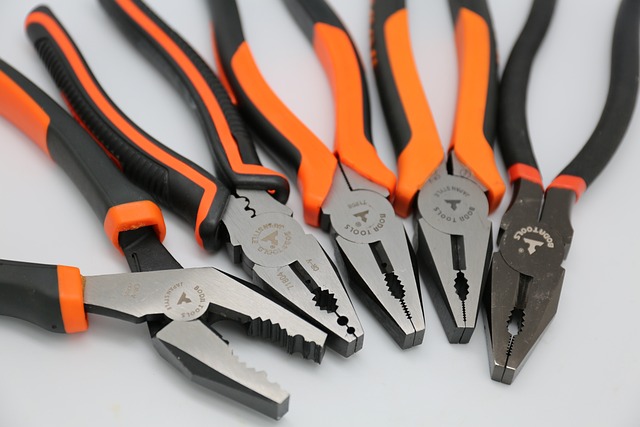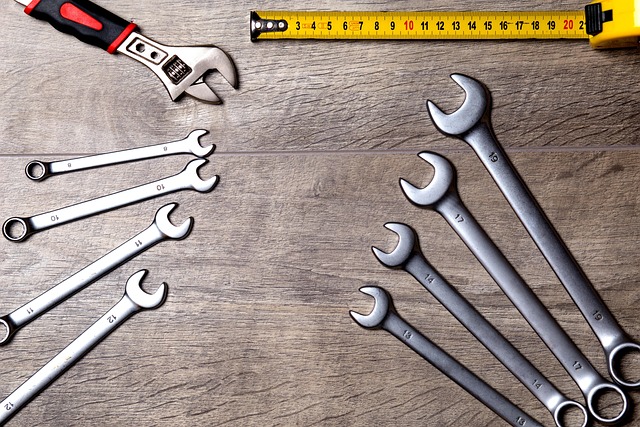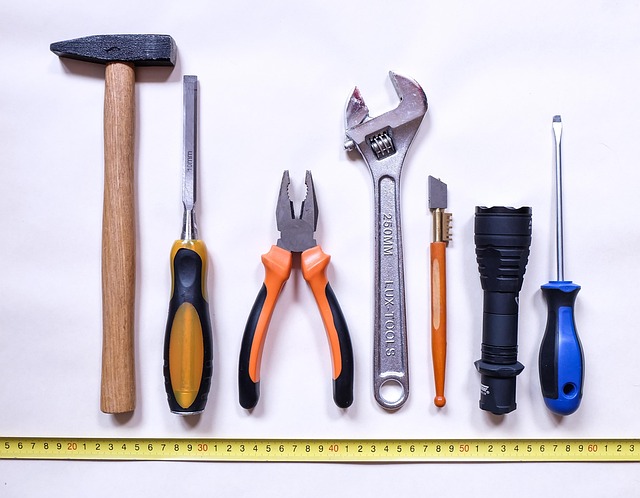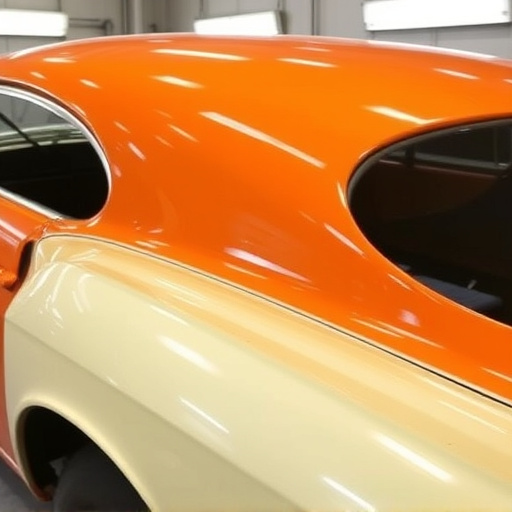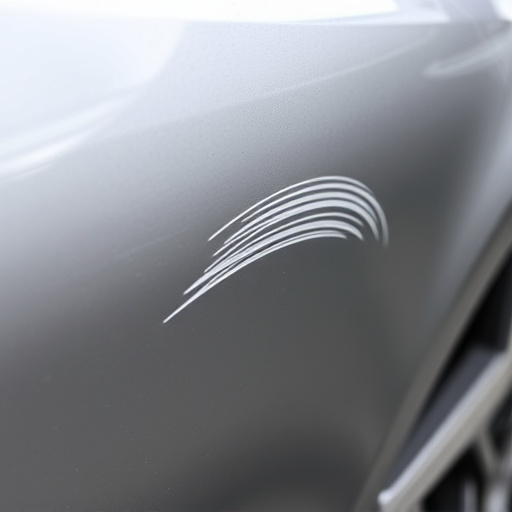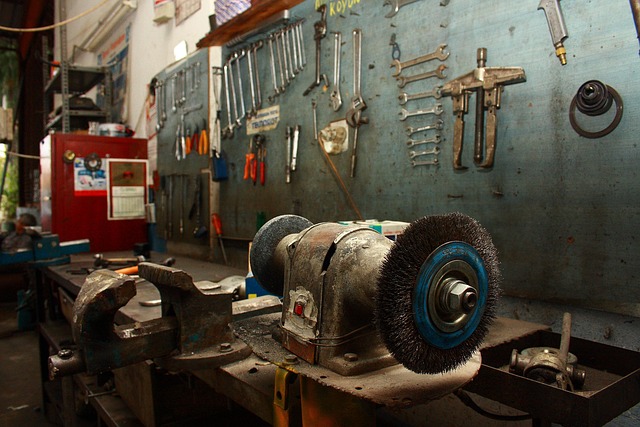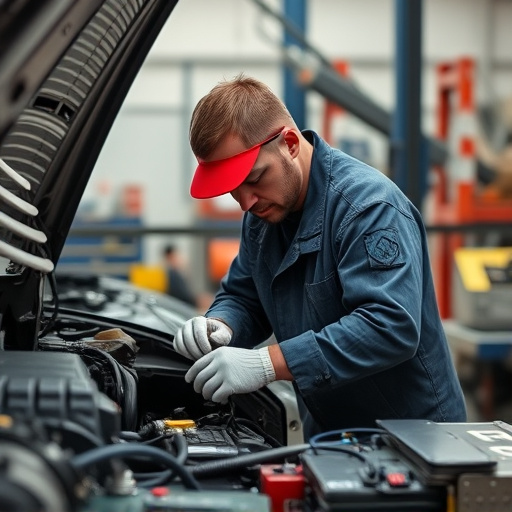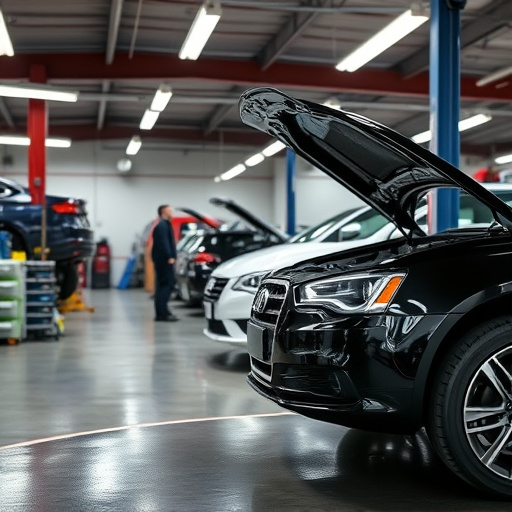Anti-corrosion materials are a game-changer in auto repair, protecting metal surfaces from moisture and salt, extending vehicle lifespans, reducing repairs and waste, and lowering carbon footprints. Advanced technologies like protective coatings and integrated design enhance sustainability and fuel efficiency while decreasing maintenance costs for customers.
In today’s digital era, understanding corrosion is crucial for sustainable auto repairs. This article delves into the intricacies of corrosion within automotive contexts and explores how anti-corrosion materials play a pivotal role in revolutionizing this industry. By examining the benefits and future trends, we uncover why these innovative solutions are not just a game changer but an indispensable tool for eco-conscious mechanics. Discover how anti-corrosion materials enhance durability, reduce environmental impact, and foster a more sustainable future for vehicle maintenance.
- Understanding Corrosion in Automotive Repairs
- Benefits of Using Anti-Corrosion Materials
- Future Trends in Sustainable Auto Repair with Anti-Corrosion Technologies
Understanding Corrosion in Automotive Repairs

Corrosion is a significant challenge in automotive repairs, often arising from exposure to moisture, salt, and other environmental factors. It can compromise the integrity of vehicle parts, leading to costly and time-consuming replacements. The traditional metal components of vehicles, especially in the body panels, are particularly susceptible to corrosion, which can weaken them over time. This issue is not just a concern for aesthetics but also poses structural risks, making reliable anti-corrosion measures essential.
Anti-corrosion materials play a pivotal role in modern vehicle body repair and car paint services. These materials are designed to shield metal surfaces from the elements, prolonging their lifespan and reducing the need for frequent repairs. By adopting advanced anti-corrosion technologies, auto repair shops can ensure the longevity of vehicle bodywork, thereby contributing to more sustainable and cost-effective maintenance practices.
Benefits of Using Anti-Corrosion Materials
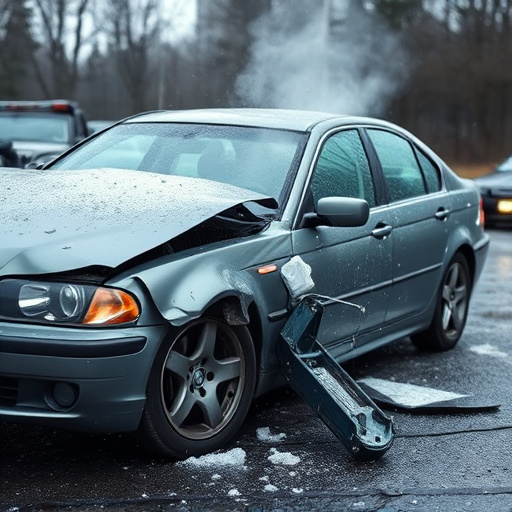
Using anti-corrosion materials in auto body shops offers a multitude of benefits for both the environment and vehicle longevity. By preventing metal corrosion, these innovative solutions significantly extend the lifespan of cars, reducing the need for frequent repairs and replacements. This, in turn, minimizes waste and conserves natural resources that would otherwise be used in manufacturing new parts.
Anti-corrosion materials also play a crucial role in sustainable car dent repair practices. They provide a protective layer over damaged areas, allowing auto body shops to conduct repairs with greater precision and efficiency. This not only streamlines the process but also reduces the carbon footprint associated with traditional auto body repairs, making it an eco-friendly alternative for both customers and the industry at large.
Future Trends in Sustainable Auto Repair with Anti-Corrosion Technologies

The future of sustainable auto repairs is closely intertwined with advancements in anti-corrosion technologies. As the demand for eco-friendly and cost-effective solutions grows, researchers and manufacturers are exploring innovative ways to prolong the lifespan of vehicles while minimizing environmental impact. One promising trend is the development of advanced protective coatings that offer superior resistance to rust and corrosion, even under extreme conditions. These coatings not only enhance the durability of parts, such as fender repair or collision repair components, but also reduce the need for frequent replacement, thereby lowering waste generation.
Additionally, the integration of anti-corrosion materials in vehicle design is set to play a pivotal role. By incorporating corrosion-inhibiting additives into metal alloys, manufacturers can create lighter and more resilient parts, further optimizing fuel efficiency and reducing the carbon footprint associated with traditional fender bender repairs. This shift towards sustainable practices not only benefits the environment but also drives down maintenance costs for vehicle owners, fostering a win-win scenario for both parties.
Anti-corrosion materials play a pivotal role in revolutionizing sustainable auto repairs by mitigating corrosion’s detrimental effects. By understanding the importance of these materials, we can expect future trends to focus on lighter, more durable components, reducing environmental impact and enhancing vehicle longevity. The benefits are clear: from cost savings to ecological stewardship, embracing anti-corrosion technologies is a step towards a greener transportation future.

